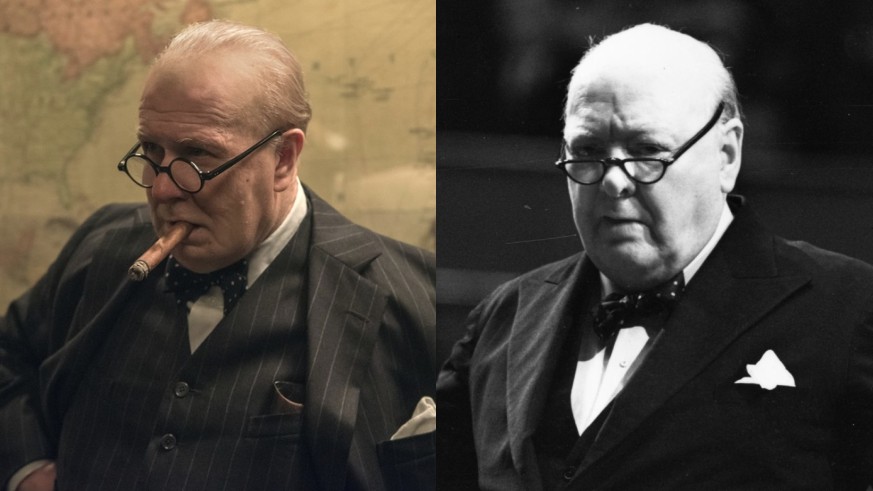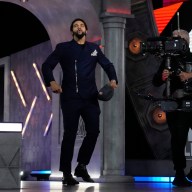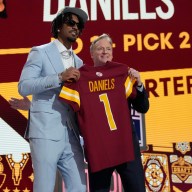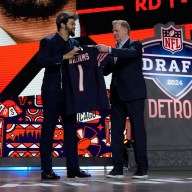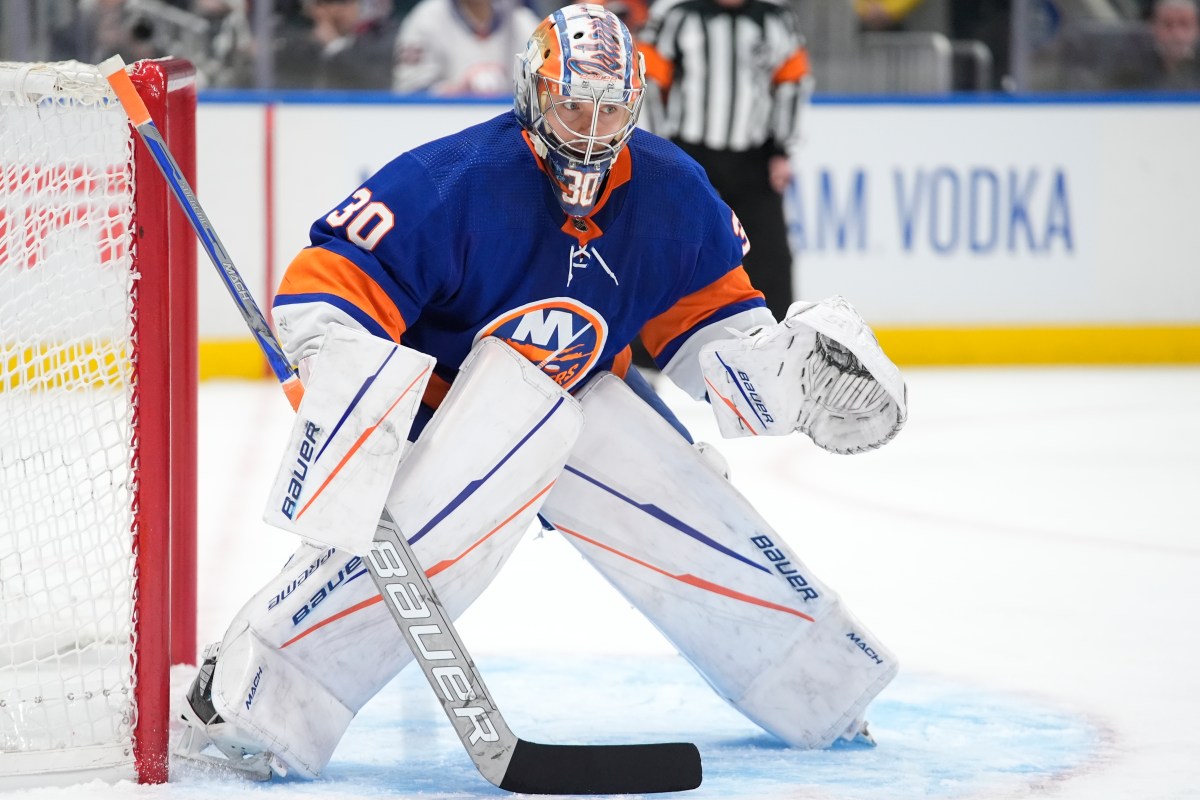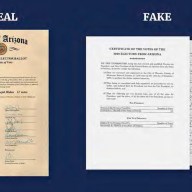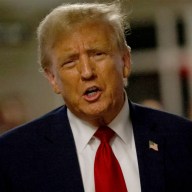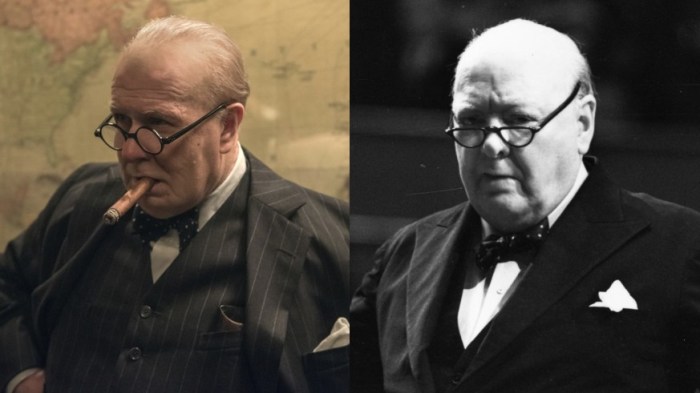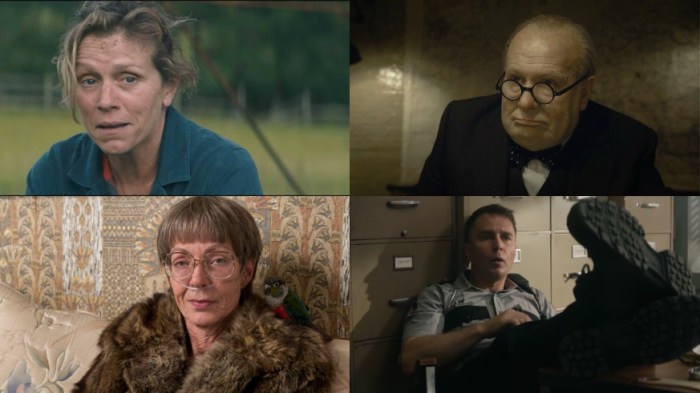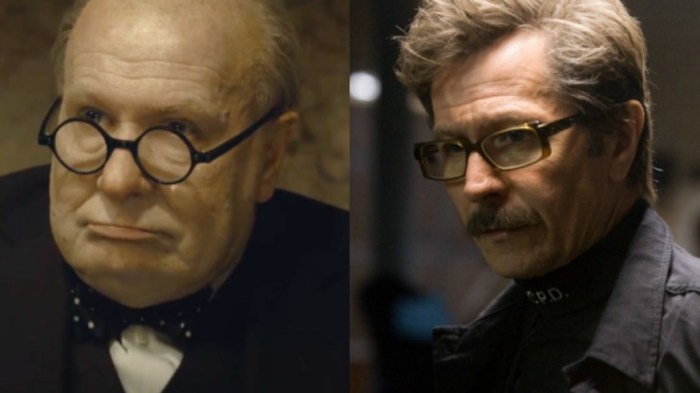While it is now impossible to trawl through the internet without hitting a think-piece or argument regarding the Marvel Cinematic Universe, DC Extended Universe, or one of their rivals, you’ve probably not noticed that over the last few years the unofficial World War II Cinematic Universe has also been delighting audiences, while at the same time detailing one of the most dramatic periods in history.
It’s no surprise that “The King’s Speech,” “Dunkirk,” and now “Darkest Hour” have dramatized the same months and weeks of World War II from different points of view without ever crossing into the same territory, though, as this period was so rife with conflict and drama that a thousand different films could be made.
“I guess the point is it is one of the most pivotal moments in global history,” “Darkest Hour” director Joe Wright explained to me last month when I sat down with him to discuss the film. “If events had gone differently we would be looking at a very different world. So I guess that’s the reason we keep returning to it with such fascination.”
One of the main reasons Wright wanted to work on “Darkest Hour,” though, was the opportunity to delve deep into the life and personality of Winston Churchill, reveal the man behind the myth, and reclaim him from the English far-right that insist the former Prime Minister would be on their side if he was alive today.
“The thing about Churchill is that he has been re-appropriated by forces, especially of the right, that I don’t think he would be aligned with if he were alive. For me, what was interesting was to take him down off that plinth in Parliament Square, and to really examine the man face to face and to see him as a human being. We can really only learn from people if we address them as equals. So that was the point for me. To just meet the guy, and try to see who the crazy, idiosyncratic, enigma really was.”
“Darkest Hour” highlights the chaos of the days and weeks after Churchill, played by Gary Oldman, became Prime Minister of Great Britain on 10 May, 1940. Wright admitted that while we can now look back and declare that Churchill’s predecessor Neville Chamberlain “was in the wrong place at the wrong time,” the director still thoroughly believes that Chamberlain didn’t “act out of self-interest,” while insisting that Churchill is only regarded as a demi-God because Britain actually went on to win the war.
“If we hadn’t won. If Hitler had turned right instead of left, wiped out the B.E.F. on the beach of Dunkirk and invaded we would have been vilifying Churchill for not having explored a possible peace process. History has vindicated Churchill, but Chamberlain and Lord Halifax were doing what they felt was right for the protection of life.”
Churchill’s bravery during this period, when Britain was alone in Europe and under-siege from the Nazis, still stands out, though. “The point about Churchill, and where he was right, however it turned out, was that he stood up to and confronted fascism. So he has the moral authority on his side, and that can’t be denied.”
“Churchill got a lot of things wrong,” Wright immediately counters. “He had been in parliament for a very long time, and during the course of that career he had made some almighty blunders. Including his position on women’s suffrage, on Indian independence, and his catastrophic record in World War I, especially when he invaded the Dardanelles.”
“But what we remember him for is the thing he got most right, which was his resistance to the wave of hate and intolerance and bigotry and fascism. And I think that helps to give ‘Darkest Hour’ an edge today.”
“Darkest Hour” is released on November 22.

